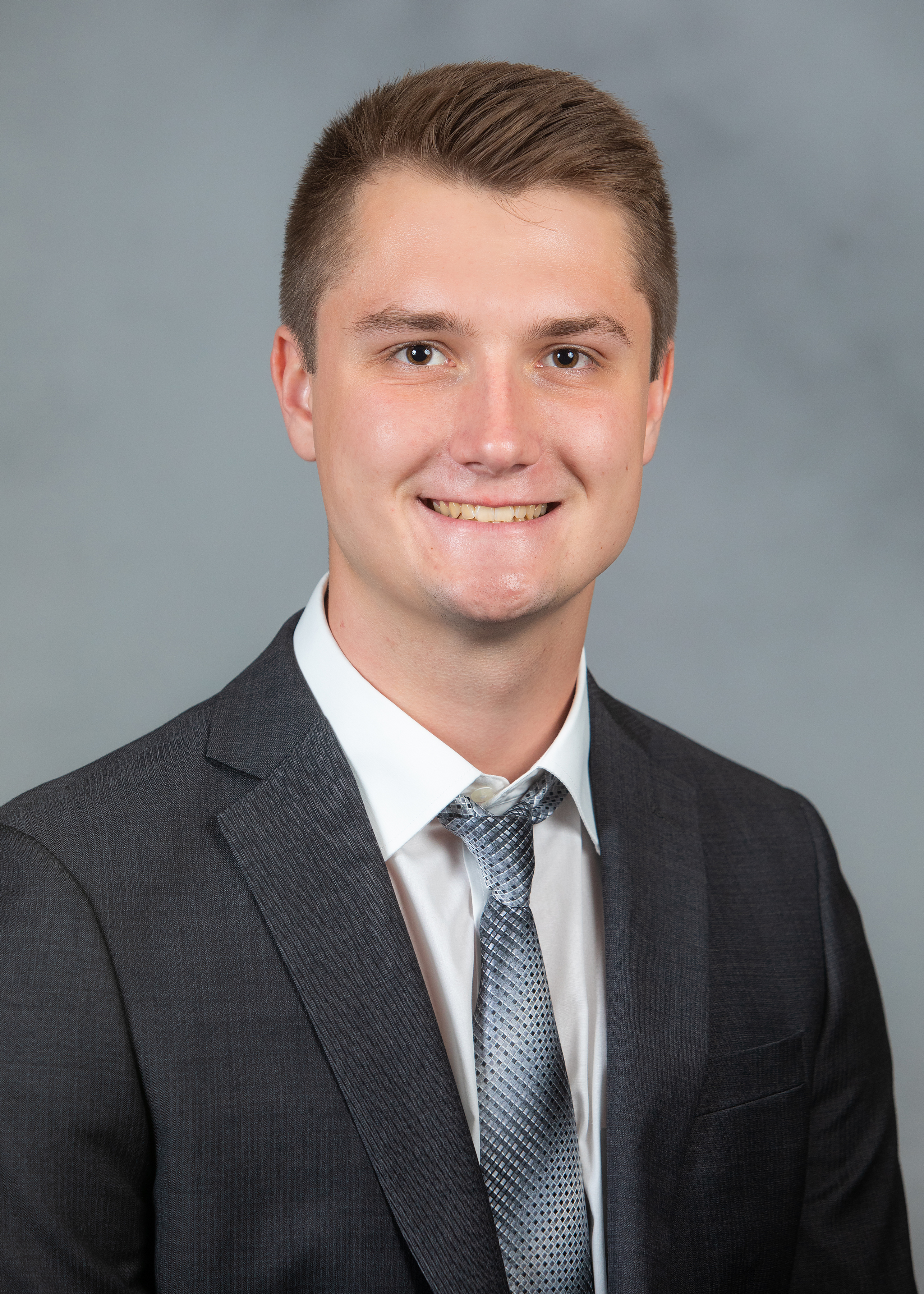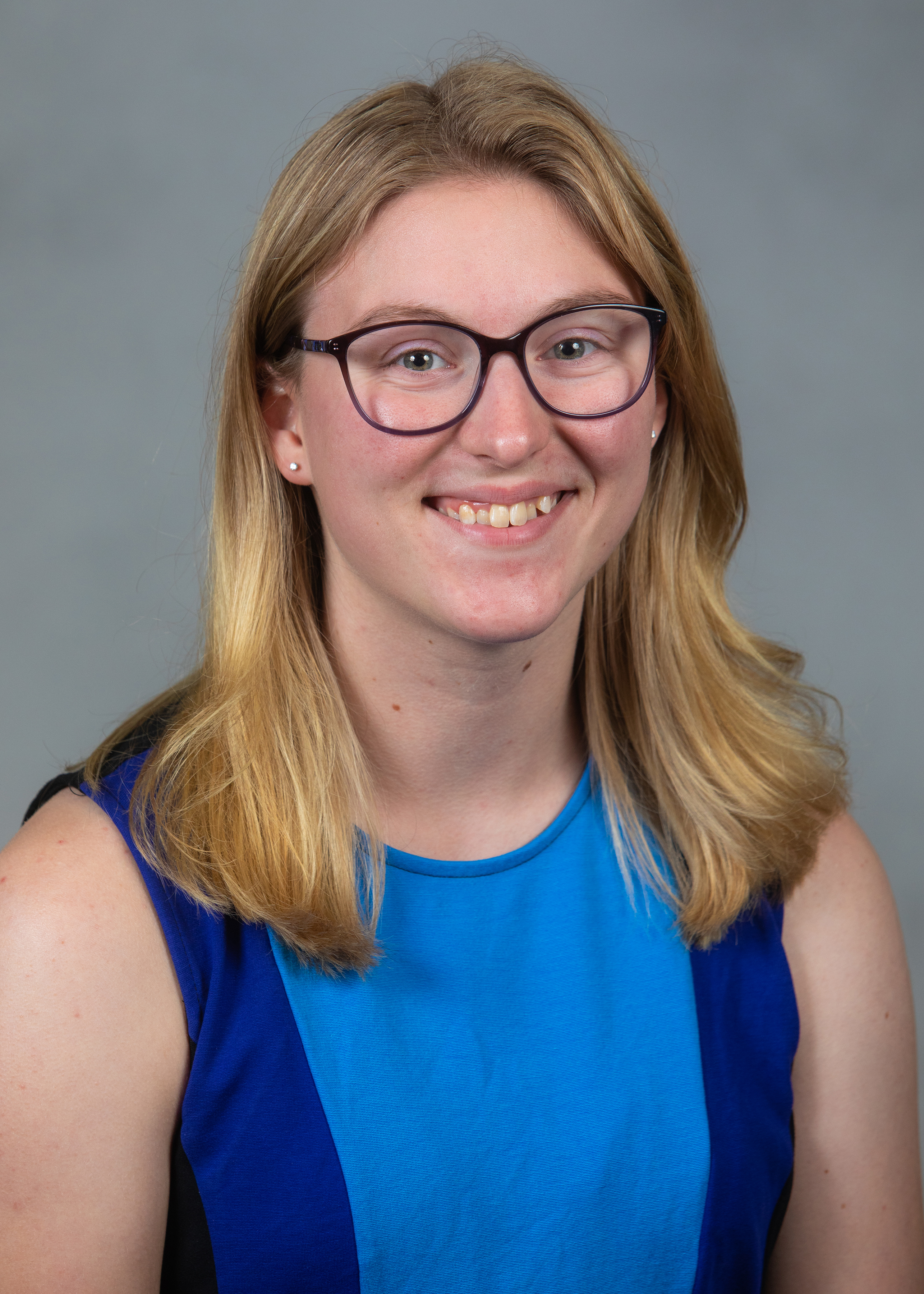Celebration of Scholars
Modal Propellant Gauging in Microgravity
 Name:
Taylor Peterson
Name:
Taylor Peterson
Major: Physics
Hometown: Sturtevant, WI
Faculty Sponsor: Kevin Crosby
Other Sponsors:
Type of research: Independent research
Funding: NASA Flight Opportunities, WSGC
 Name:
Bennett Bartel
Name:
Bennett Bartel
Major: Physics
Hometown: New London, WI
Faculty Sponsor: Kevin Crosby
Other Sponsors:
Type of research: Independent research
Funding: NASA Flight Opportunities, WSGC
 Name:
Cassandra Bossong
Name:
Cassandra Bossong
Major: Physics
Hometown: Kenosha, WI
Faculty Sponsor: Kevin Crosby
Other Sponsors:
Type of research: Independent research
Funding: NASA Flight Opportunities, WSGC
Abstract
The Modal Propellant Gauging (MPG) team consists of multidisciplinary undergraduate researchers from Carthage College. This continuously changing team has been developing and testing a fuel gauging system for use in microgravity environments since 2008. Using Experimental Modal Analysis (EMA) techniques, the goal of the project is to develop a flight-ready fuel gauging technology by correlating the modal response of a 1-g surface to the microgravity surface response at the same fluid fill fraction. The technology has been integrated into a manned parabolic flight payload and a Blue Origin New Shepard sub-orbital flight payload. The parabolic flight payload contains two propellant tanks and is designed to measure the modal response of each propellant tank to an injected white noise signal via PZT sensors. Flight data shows that the MPG method can measure fuel with greater than or equal to 1% resolution at and below 50% fill levels. Similarly, the Blue Origin payload also measures the modal responses of the propellant tanks, however it has an extended period of time in microgravity. Under funding from the Wisconsin Space Grant Consortium, the MPG team has designed, built, and tested the Blue Origin research payload which has seen flight on the New Shepard Vehicle in January and December of 2019.Submit date: Feb. 27, 2020, 5:07 p.m.
